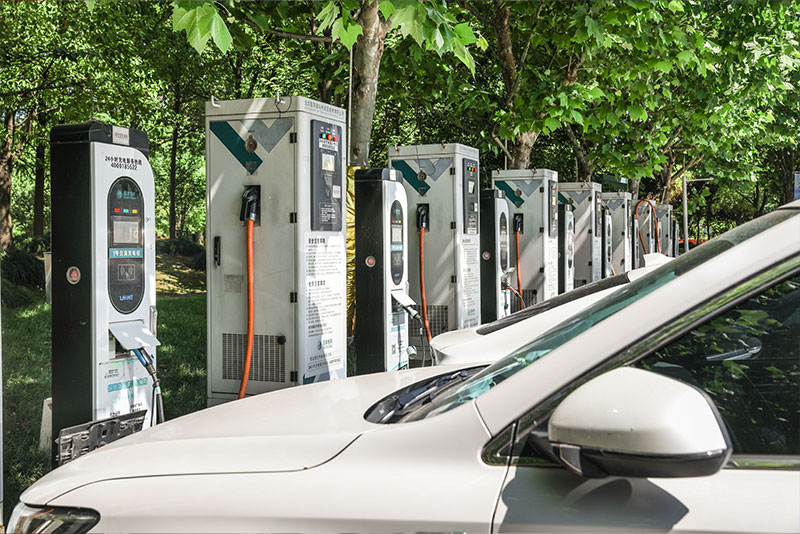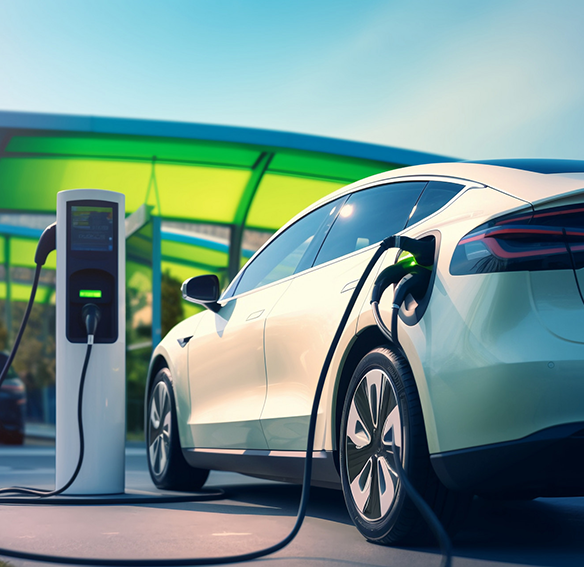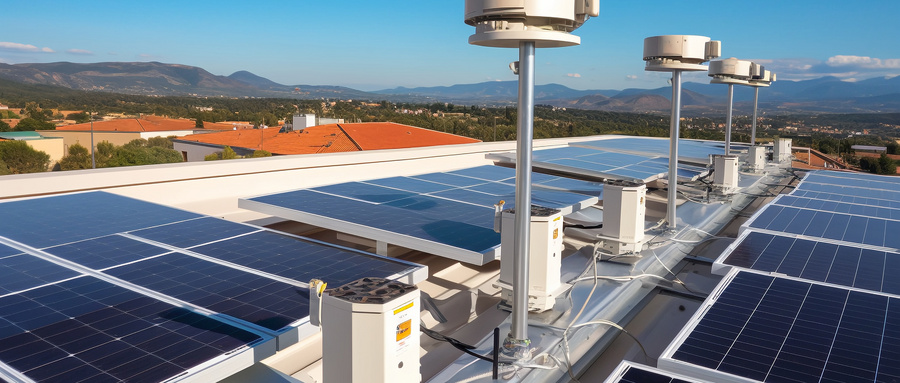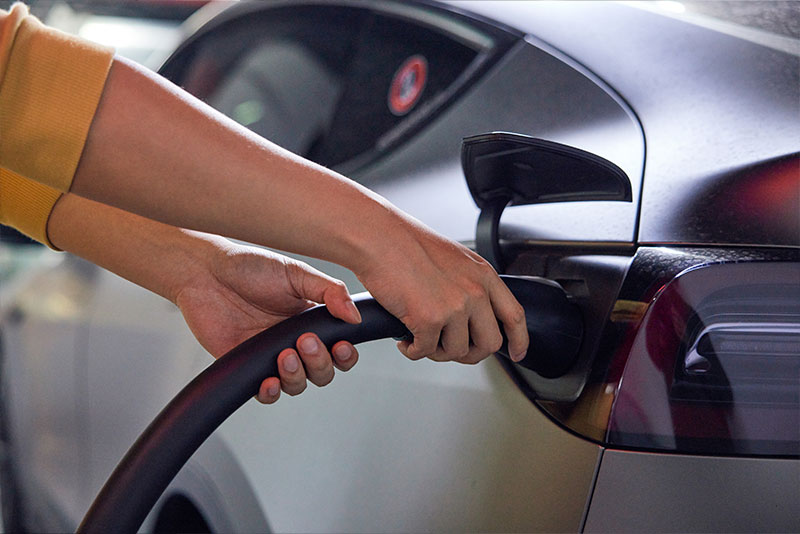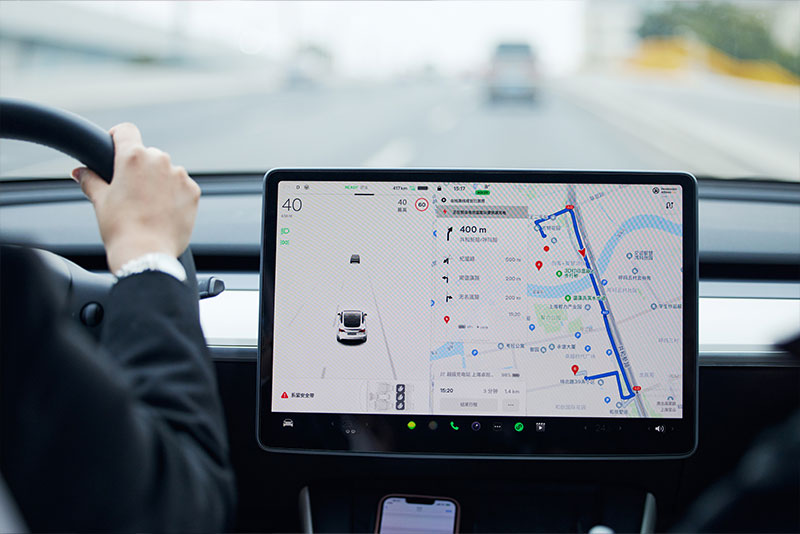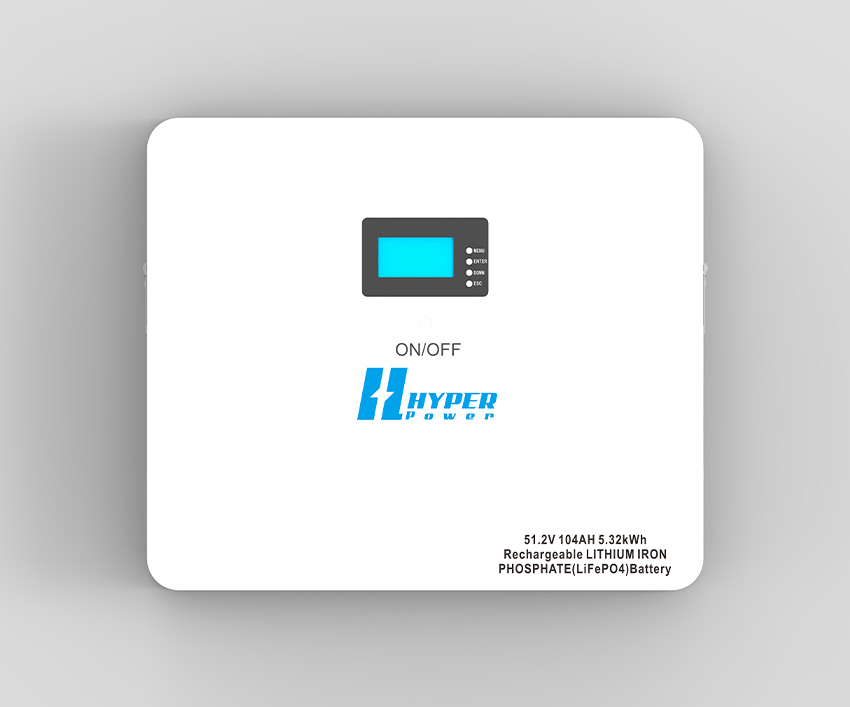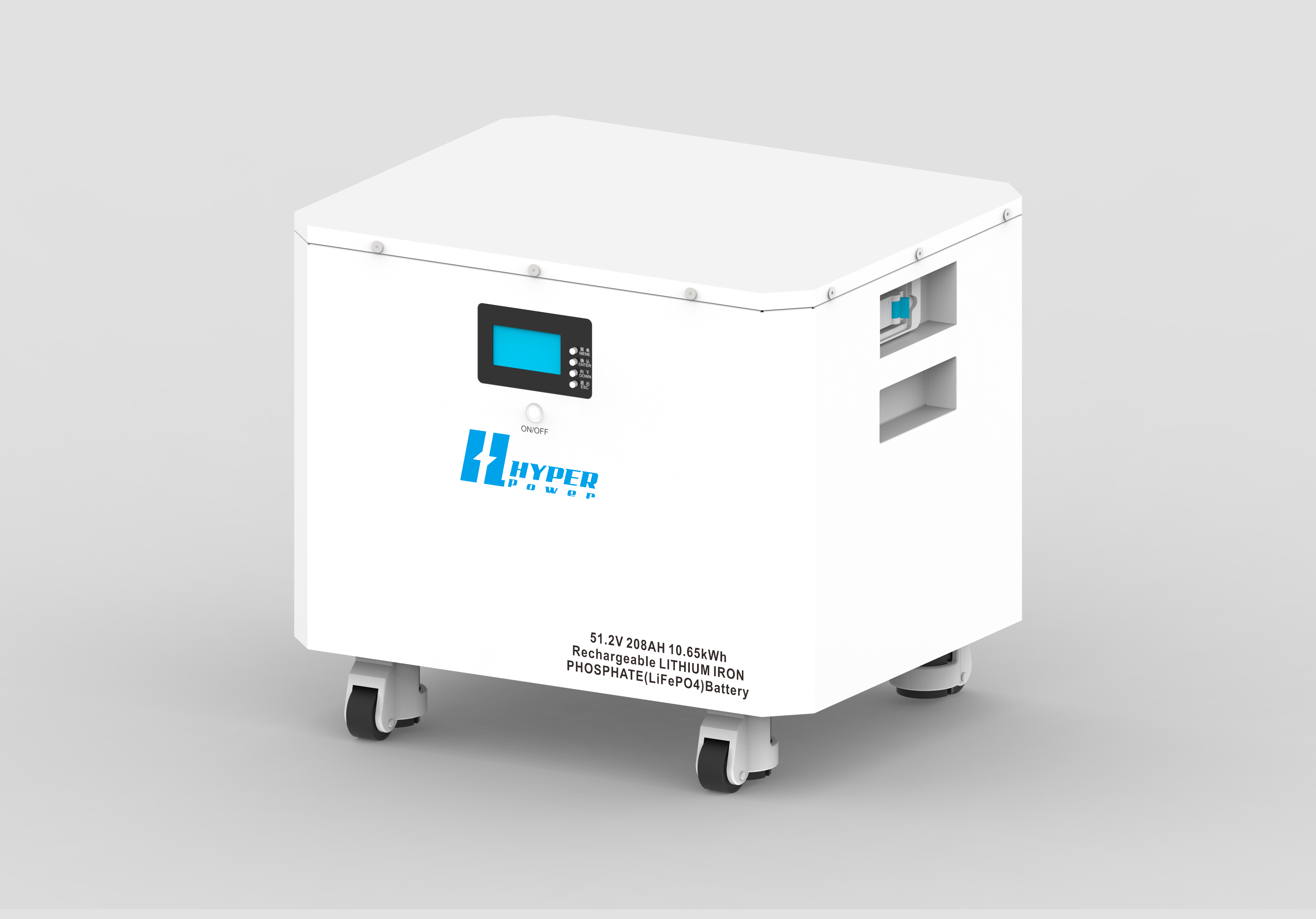When to Use a 12V vs. 144V Lithium-Ion Car Battery
In the ever-evolving world of automotive technology, the choice of battery can significantly impact performance, efficiency, and usability. Among the various options available, 12V lithium-ion car batteries and 144V lithium-ion car batteries stand out as popular choices for different applications. This blog aims to explore the critical factors that determine when to use each type, providing insights into their functionalities, advantages, and ideal scenarios for deployment.
Understanding Lithium Ion Batteries
Before diving into the specifics of 12V and 144V batteries, it’s essential to grasp the fundamental workings of lithium-ion technology. Lithium-ion batteries are rechargeable energy storage devices that utilize lithium ions as the primary charge carriers. They offer several advantages over traditional lead-acid batteries, including higher energy density, lighter weight, and longer life cycles.
Key Characteristics of Lithium Ion Batteries
- Energy Density: Lithium-ion batteries have a higher energy density than conventional batteries, meaning they can store more energy in a smaller space.
- Cycle Life: These batteries generally offer a longer lifespan, often exceeding 2,000 charge-discharge cycles, depending on usage and conditions.
- Self-Discharge Rate: Lithium-ion batteries have a lower self-discharge rate compared to lead-acid batteries, which allows them to hold their charge for longer periods when not in use.
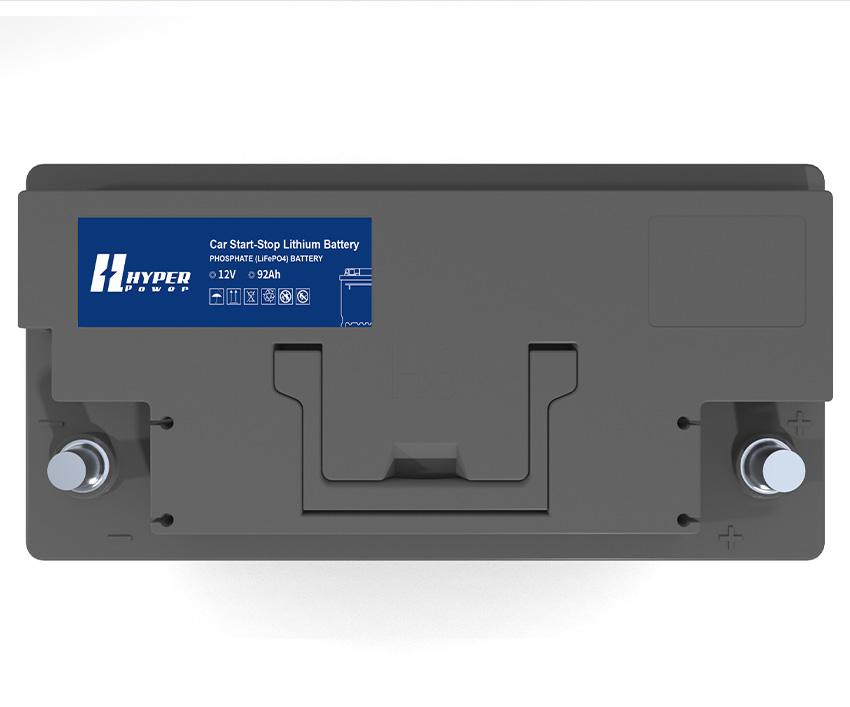
The 12V Lithium Ion Car Battery
Features and Applications
The 12V lithium ion car battery is a common choice for various automotive applications. It is primarily used in conventional vehicles, hybrid cars, and certain electric vehicles (EVs). The 12V system is standard in the automotive industry, primarily because it aligns with existing vehicle electrical systems.
Key Uses of 12V Lithium Ion Batteries:
- Starting, Lighting, and Ignition (SLI): These batteries provide the necessary power to start the engine and run electrical accessories like lights, infotainment systems, and climate controls.
- Hybrid Vehicles: Many hybrid vehicles utilize 12V lithium ion batteries to support various electronic functions while also having a larger high-voltage battery for propulsion.
- Lightweight Applications: Due to their smaller size and weight, 12V lithium ion batteries are ideal for applications where space and weight are critical considerations.
Advantages of 12V Lithium Ion Batteries
- Compatibility: Most automotive systems are designed around the 12V standard, making it easy to integrate these batteries into existing setups.
- Cost-Effectiveness: Generally, 12V lithium ion batteries are more affordable compared to their higher-voltage counterparts, making them an attractive option for budget-conscious consumers.
- Ease of Replacement: As a widely used standard, finding replacement batteries and parts for 12V systems is relatively straightforward.
The 144V Lithium Ion Car Battery
Features and Applications
On the other hand, the 144V lithium ion car battery is primarily used in electric vehicles and high-performance applications. These batteries are designed for larger energy demands, providing the power needed for sustained high speeds and longer ranges.
Key Uses of 144V Lithium Ion Batteries:
- Electric Vehicles (EVs): The 144V system is often used in larger electric vehicles that require significant power for acceleration and long-range driving.
- Commercial Applications: Vehicles designed for heavy-duty use, such as trucks and buses, may utilize 144V batteries to support additional load and performance requirements.
- High-Power Applications: These batteries are suitable for applications requiring high power output, including electric motors in forklifts and other industrial machinery.
Advantages of 144V Lithium Ion Batteries
- Increased Power Output: The higher voltage allows for greater power output, making these batteries ideal for electric motors that demand high energy.
- Enhanced Efficiency: Higher voltage systems can be more efficient, reducing the amount of current needed to achieve the same power output, which can lead to less energy lost as heat.
- Extended Range: Vehicles powered by 144V lithium ion batteries can achieve longer ranges, making them more suitable for long-distance travel and commercial use.
Comparing 12V and 144V Lithium Ion Car Batteries
Performance
The performance characteristics of 12V and 144V lithium ion batteries differ significantly. While 12V batteries are sufficient for standard vehicle operations, the demands of electric and hybrid vehicles often necessitate the enhanced power capabilities of 144V systems.
- Power Demand: A 12V battery typically provides around 60-80 amp-hours of energy, suitable for everyday driving. In contrast, a 144V battery can supply several hundred amp-hours, supporting high-performance motors.
- Charging Time: Charging a 12V battery can be quicker due to lower capacity, but 144V systems are designed to handle fast charging technologies, often replenishing energy in a shorter time frame than conventional batteries.
Weight and Size
In terms of weight and size, 12V lithium ion batteries are generally smaller and lighter, making them easier to install in compact vehicle designs. However, 144V systems are designed to optimize performance over size, often resulting in heavier batteries that can be challenging to fit in smaller vehicles.
Cost
Cost is another important factor when choosing between these two battery types. Generally, 12V lithium ion batteries are less expensive and more widely available, making them an economical choice for conventional vehicles. In contrast, 144V lithium ion batteries, while offering superior performance, often come with a higher price tag.
Ideal Scenarios for Use
When to Use a 12V Lithium Ion Car Battery
- Standard Vehicles: If you drive a conventional gasoline or hybrid vehicle that does not require high power for acceleration, a 12V lithium ion car battery is likely the best fit.
- Daily Commuting: For those who need a reliable power source for starting their vehicles and powering standard electrical systems, a 12V battery is sufficient.
- Budget Constraints: If cost is a primary consideration, choosing a 12V battery can help reduce initial investment while still meeting power needs.
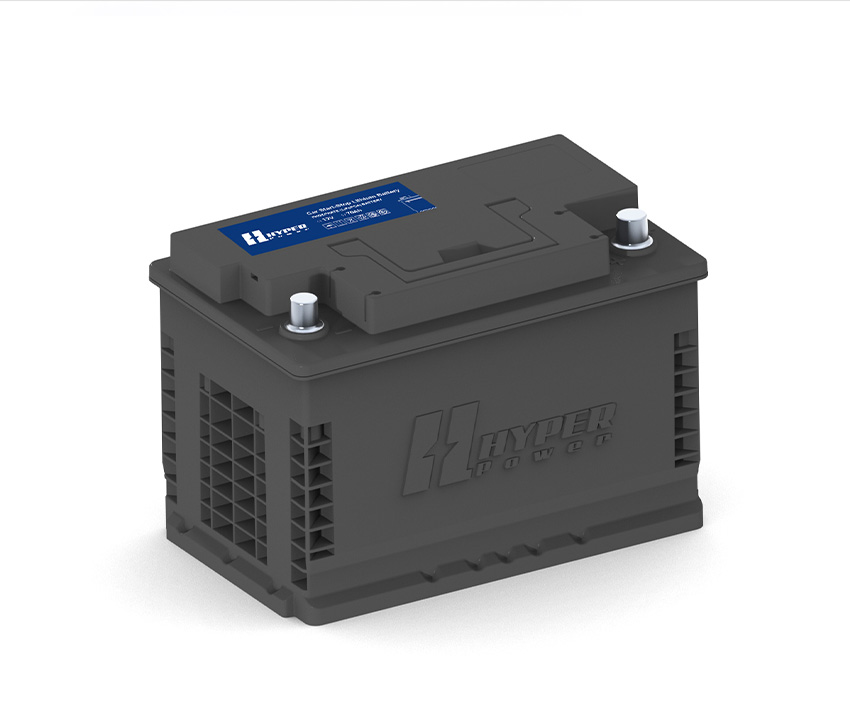
When to Use a 144V Lithium Ion Car Battery
- Electric Vehicles: For fully electric vehicles where high power output and range are crucial, a 144V lithium ion battery is the better option.
- Performance Applications: If you require a vehicle for performance, such as in racing or heavy-duty use, the advantages of a 144V system will enhance overall power delivery and efficiency.
- Long-Distance Travel: For commercial vehicles or any applications requiring extended travel ranges without frequent charging, a 144V battery can provide the necessary energy.
Conclusion
The choice between a 12V lithium ion car battery and a 144V lithium ion car battery ultimately depends on your specific automotive needs. Each type offers distinct advantages that cater to different applications and performance requirements. By understanding the characteristics, performance metrics, and ideal use cases of both battery types, consumers can make informed decisions that align with their driving habits, budget, and vehicle specifications.
Whether you opt for the affordability and compatibility of a 12V battery or the power and efficiency of a 144V system, the right choice will ensure optimal performance and reliability for your vehicle. As automotive technology continues to advance, staying informed about battery options will be crucial for making the best decisions for your automotive needs.
Blog

Maximizing Energy Independence with Home Lithium Battery Storage

How Residential Photovoltaic Energy Storage Systems Empower Sustainable Homes
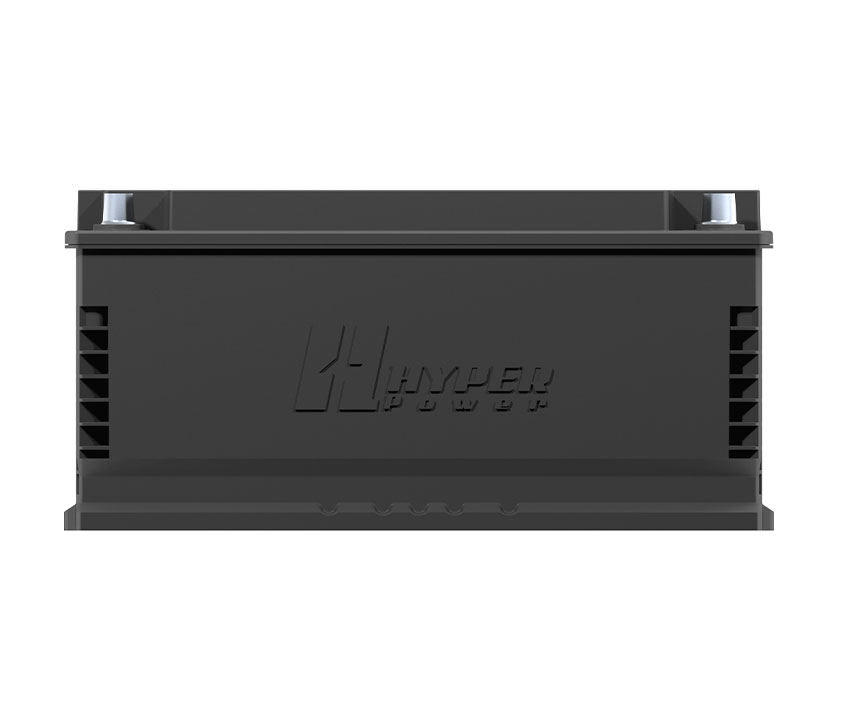
Why the 12V Lithium Ion Car Battery is the Smarter Automotive Power Solution — Insights from JEJE Energy
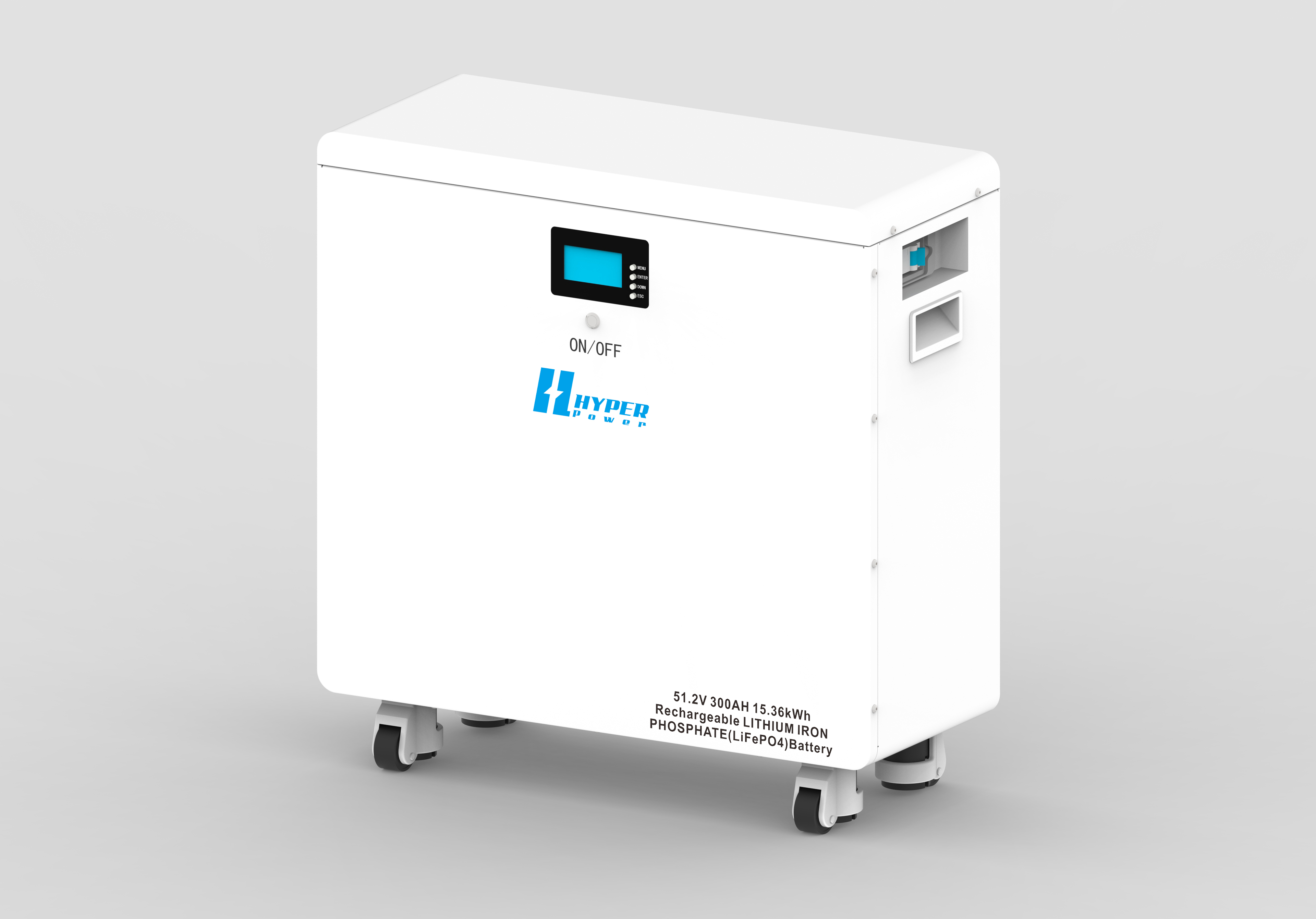





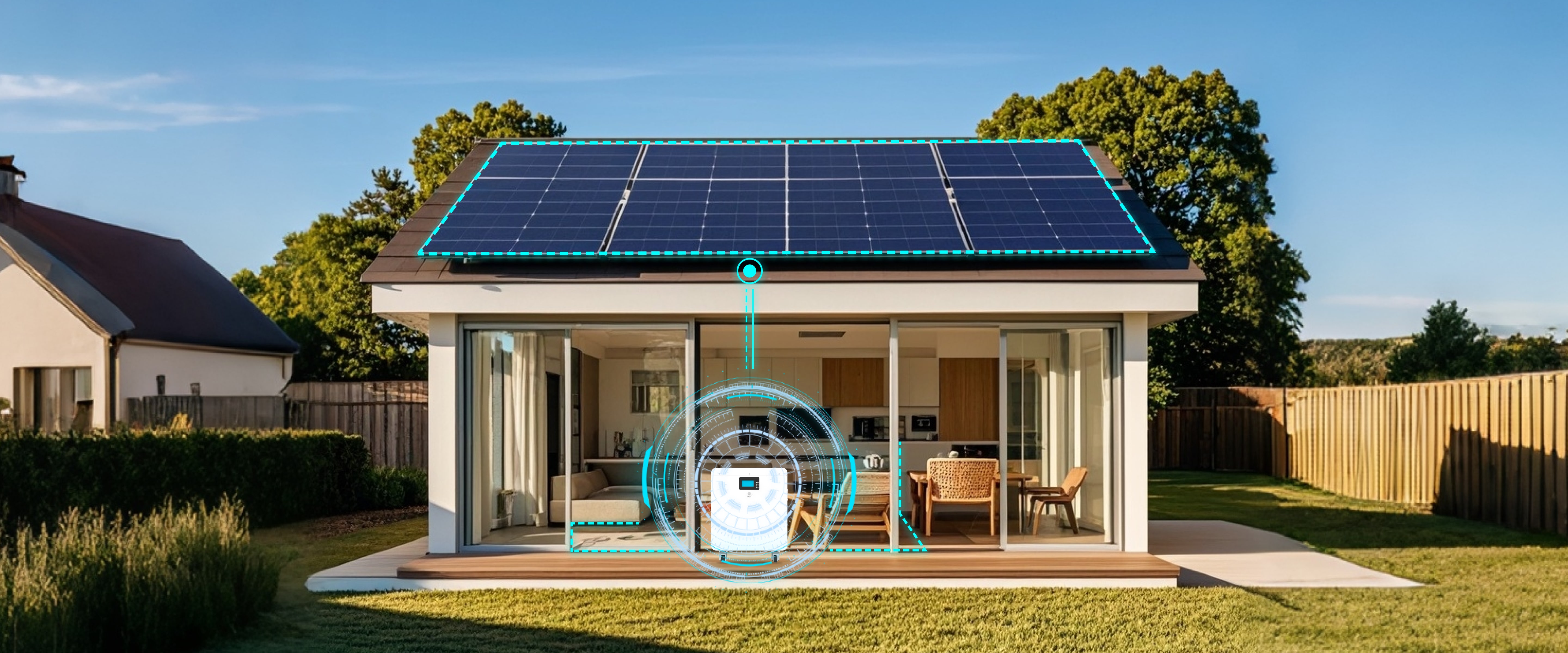



-Charging.png)
.jpg)











